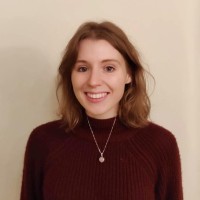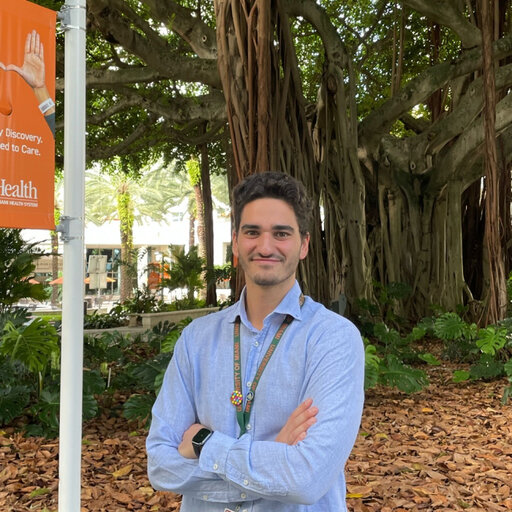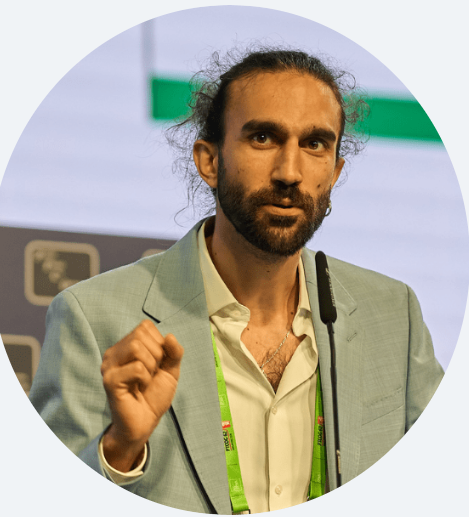About PTCOG-ECR
Empowering the Next Generation of Particle Therapy Experts
The PTCOG ECR Subcommittee was established in June 2023 at the 61st PTCOG Conference in Madrid. We are a dedicated group advocating for early career researchers and practitioners within PTCOG, fostering collaboration, support, and career development.
We welcome:
- PhD, Master’s, and Undergraduate Students
- Postgraduate and Postdoctoral Researchers
- Medical Physicists in Training
- Physicians in Training and Residents
- Other Early-Career Scientists in Particle Therapy
How is the PTCOG-ECR Subcommittee Organised?
The subcommittee is led by three elected co-chairs (serving a three-year term) and supported by an Operative Group—a team of passionate ECR members selected annually to drive initiatives and shape activities.
We prioritise community engagement through:
- Newsletters, polls, and feedback forms
- Themed working groups for focused collaboration
- Open communication between the Operative Group and the broader ECR community
This ensures that every ECR voice is heard.
Become an ECR member means gaining access to:
– A dynamic professional network
– Opportunities to shape PTCOG-ECR initiatives
– Exclusive career development events and mentorship
Have an idea for
PTCOG-ECR?
We actively encourage new ideas and collaborations! Submit your suggestions via our PTCOG-ECR Ideas Form, and our Operative Group will review and discuss them in our meetings.
Interested in taking on a leadership role? ECR members can apply to join the 2025/2026 Operative Group and help shape the direction of PTCOG-ECR.
Slack Community
Our members are invited to join our Slack platform for networking and knowledge-sharing. If you haven’t received your Slack invite, reach out, and we’ll get you connected!
Meet the PTCOG-ECR Leadership Team

Beth Rothwell
Massachusetts General Hospital & Harvard Medical School
brothwell1@mgh.harvard.edu

Giorgio Cartechini
Maastro Clinic, Maastricht, The Netherlands
giorgio.cartechini@maastro.nl

Gabriele Parisi
Institut Curie (Paris, France) & ASNR - Autorité de sûreté nucléaire et de radioprotection (Fontenay-aux-Roses, France)
g.parisi3004@gmail.com gabriele.parisi@unipv.it
The PTCOG Early Career Researcher (ECR) Subcommittee was established in June 2023 during the 61st PTCOG conference in Madrid. We are a dedicated group representing the interests and concerns of emerging researchers and practitioners in PTCOG. Our mission is to foster collaboration, provide support, and address the unique needs of those navigating their early careers in particle therapy. This includes:
- PhD, Master’s, and Undergraduate Students
- Postgraduate and Postdoctoral Researchers
- Medical Physicists in Training
- Physicians in Training and Residents
- Other Early-Career Scientists
How is the PTCOG-ECR subcommittee organised?
The PTCOG-ECR Subcommittee is led by three co-chairs elected every three years. An Operative Group—comprising enthusiastic ECR members—is formed annually to organise activities, make decisions, and generate ideas. This group is divided into specialized working groups to manage different aspects of the subcommittee’s initiatives efficiently.
To ensure active participation from the broader ECR community, we regularly use tools like newsletters, polls, and feedback forms. This open communication between the Operative Group and the wider community ensures that every member’s voice is heard, contributing to the subcommittee’s growth and impact.
How can I join the PTCOG-ECR community?
If you are interested in the PTCOG-ECR activities, please join us!
By becoming a member of the ECR Subcommittee, you will have the opportunity to propose your ideas and to participate in activities to contribute towards shaping the future of particle therapy, while benefiting from a supportive network of peers.
ECR Members will be invited to join our Slack community! This platform serves as a dynamic hub for networking and knowledge sharing among the PTCOG ECR community. ECR members should have received an email with the link to join. For new members, this link will be provided upon sign-up. If you haven’t received the link, please reach out, and we’ll ensure you’re connected.
For any further inquiries or questions, feel free to reach out to us at ptcog.ecr@gmail.com.
How can I actively contribute as a PTCOG-ECR member?
If you have ideas, suggestions, or collaboration opportunities, please let us know by using the PTCOG-ECR new ideas form.
New ideas will be reviewed by the operative group and discussed during the periodic meetings.
During the year, the operative group will propose polls and Google Forms to keep the ECR community involved in the decisions of the subcommittee.
For those who are interested in taking a more active role in PTCOG-ECR and shaping the future of the subcommittee, all ECR members will have the opportunity to join the Operative Group for its upcoming 2025/2026 term.
2025/2026 Operative Group:
Isabella Colizzi, PSI
Nadine Vatterodt, Danish Center for Particle Therapy
Anastasiia Quarz, GSI & TU Darmstadt
Marco Battestini, University of Trento
Daniel Ebner, Mayo Clinic
Cristina Totis, GSI
Andrea Matamoros Ortega, SCK CEN/KU Leuven
Sarah Salih, Proton Therapy Center Czech
Anne zur Horst, Holland PTC
Inés del Monte García, Universidad Complutense de Madrid
Filipa Baltazar, DKFZ
Sebastian Tattenberg, TRIUMF
Valeria Pascali, University of Pavia
Guangru Li, GSI
Elena Fogazzi, University of Trento
Gaia Franciosini, Sapienza University of Rome
Suryakanta Acharya, Assam Cancer Care Foundation
Alexandra Charalampopoulou, National Center for Oncological Hadrontherapy
Maximilian Dick, GSI
Wajana Thaweerat, Mahidol University
Vincenzo Boccia, INFN
Mariagrazia Celentano, University of Pisa
Andreia Cristina Maia Oliveira, MedAustron